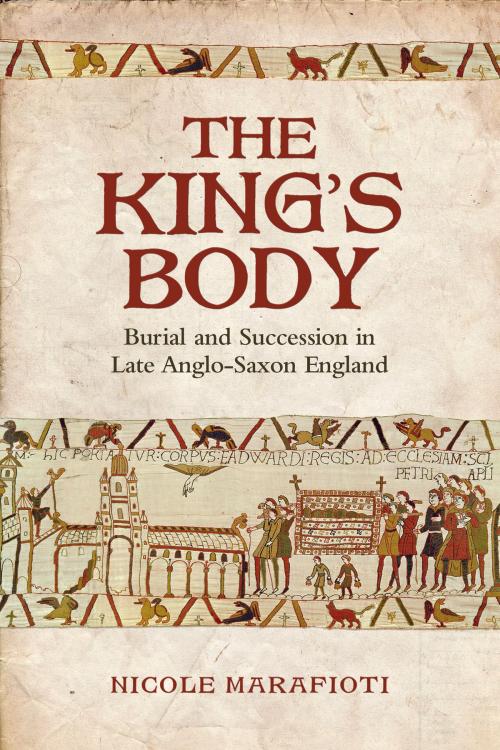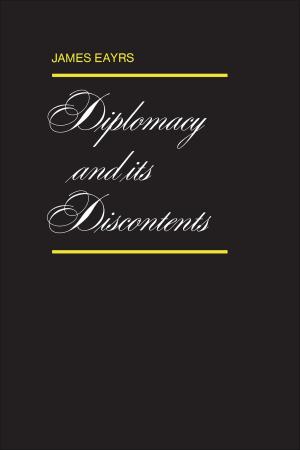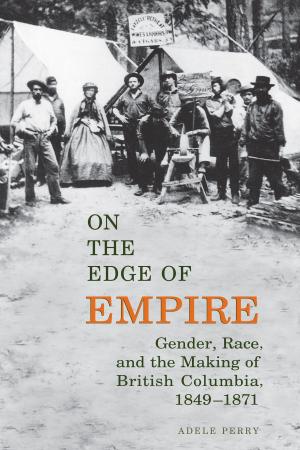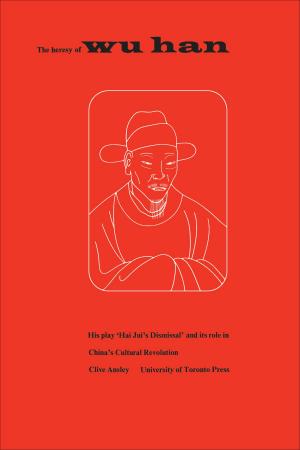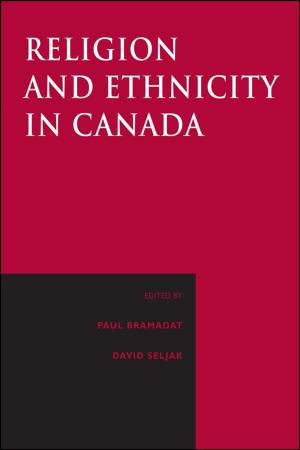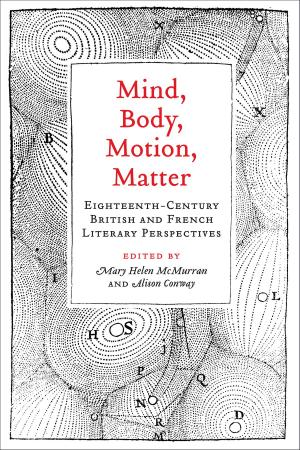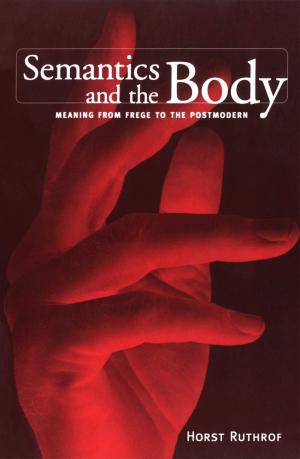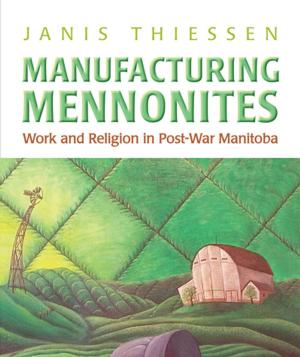The King's Body
Burial and Succession in Late Anglo-Saxon England
Fiction & Literature, Literary Theory & Criticism, Medieval, Nonfiction, History| Author: | Nicole Marafioti | ISBN: | 9781442668706 |
| Publisher: | University of Toronto Press, Scholarly Publishing Division | Publication: | March 21, 2014 |
| Imprint: | Language: | English |
| Author: | Nicole Marafioti |
| ISBN: | 9781442668706 |
| Publisher: | University of Toronto Press, Scholarly Publishing Division |
| Publication: | March 21, 2014 |
| Imprint: | |
| Language: | English |
The King’s Body investigates the role of royal bodies, funerals, and graves in English succession debates from the death of Alfred the Great in 899 through the Norman Conquest in 1066. Using contemporary texts and archaeological evidence, Nicole Marafioti reconstructs the political activity that accompanied kings’ burials, to demonstrate that royal bodies were potent political objects which could be used to provide legitimacy to the next generation.
In most cases, new rulers celebrated their predecessor’s memory and honored his corpse to emphasize continuity and strengthen their claims to the throne. Those who rose by conquest or regicide, in contrast, often desecrated the bodies of deposed royalty or relegated them to anonymous graves in attempts to brand their predecessors as tyrants unworthy of ruling a Christian nation. By delegitimizing the previous ruler, they justified their own accession. At a time when hereditary succession was not guaranteed and few accessions went unchallenged, the king’s body was a commodity that royal candidates fought to control.
The King’s Body investigates the role of royal bodies, funerals, and graves in English succession debates from the death of Alfred the Great in 899 through the Norman Conquest in 1066. Using contemporary texts and archaeological evidence, Nicole Marafioti reconstructs the political activity that accompanied kings’ burials, to demonstrate that royal bodies were potent political objects which could be used to provide legitimacy to the next generation.
In most cases, new rulers celebrated their predecessor’s memory and honored his corpse to emphasize continuity and strengthen their claims to the throne. Those who rose by conquest or regicide, in contrast, often desecrated the bodies of deposed royalty or relegated them to anonymous graves in attempts to brand their predecessors as tyrants unworthy of ruling a Christian nation. By delegitimizing the previous ruler, they justified their own accession. At a time when hereditary succession was not guaranteed and few accessions went unchallenged, the king’s body was a commodity that royal candidates fought to control.
